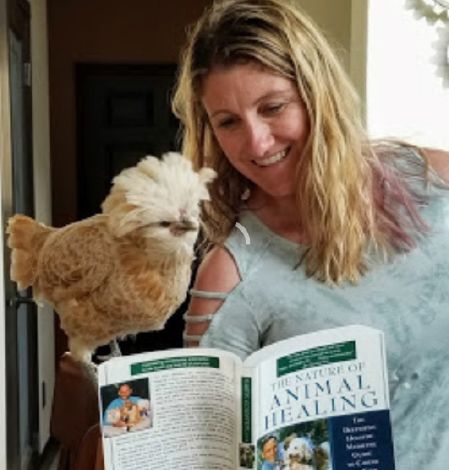Best Chicken Breeds For Beginners


The right choice can build a lifetime of love
Given the price of eggs nowadays, it’s no wonder that more and more people are looking to start their own little backyard flock to keep egg cartons (and wallets) full. But where does one begin in the art of chicken-keeping? Just like with most pets, some breeds are a tad easier to keep and maintain than others.
Here is a handy breed guide to help you when picking out your own feathered family.
Orpington
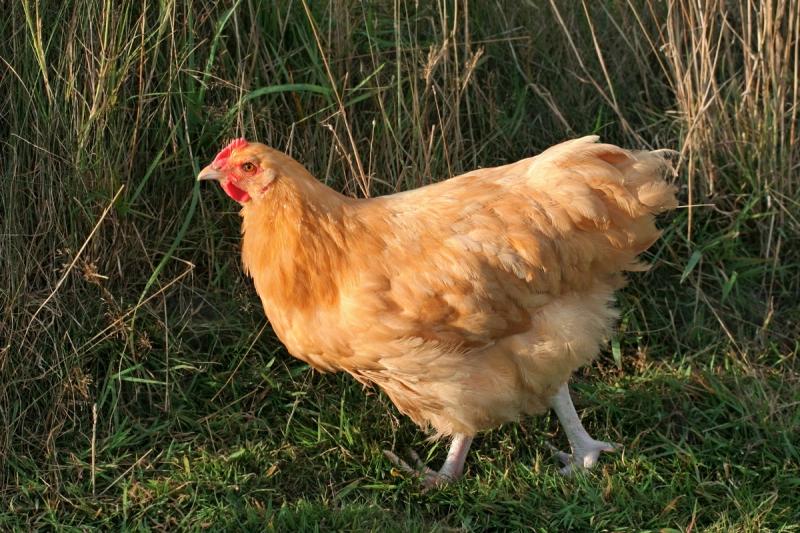
Orpingtons are the big, docile Saint Bernards of the chicken world. Very friendly, gentle and passive – these birds prefer to sit in their human’s lap and get head scratches over running and hiding. They are large birds but don’t throw their weight around; they get along well with others and tend to stick to the middle of the pecking order. Orpingtons also do quite well in confinement, needing only minimal entertainment to keep them quiet and content.
These robust birds do very well in cold temperatures, but will need shade in warmer climates. Health-wise, Orpington owners need only to keep an eye on lice and mites. They are also pretty prolific layers, producing 200-280 large brown eggs a year. Orpingtons are a very common breed, so finding chicks will be a breeze.
Australorp
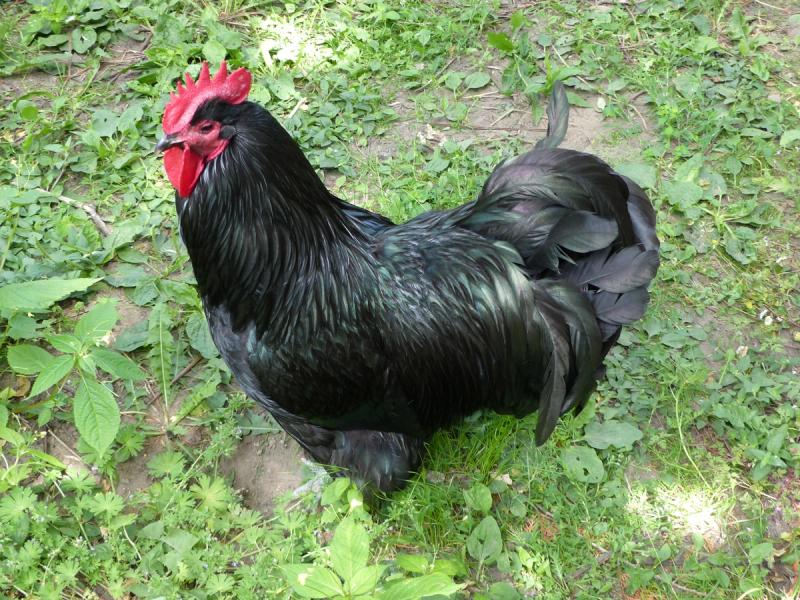
Australorps are not only stunningly gorgeous, strutting an oil-slick sheen on their abundance of feathers, but they are also very friendly and hardy. These stately birds are very good foragers and will happily keep your garden free from pests. Australorps are very healthy birds who live on average of 6-10 years and need minimal care in both cold and hot temperatures. They are fast-growing and will provide their human family with a hefty average of 250, medium-sized, light brown eggs per year.
Rhode Island Red
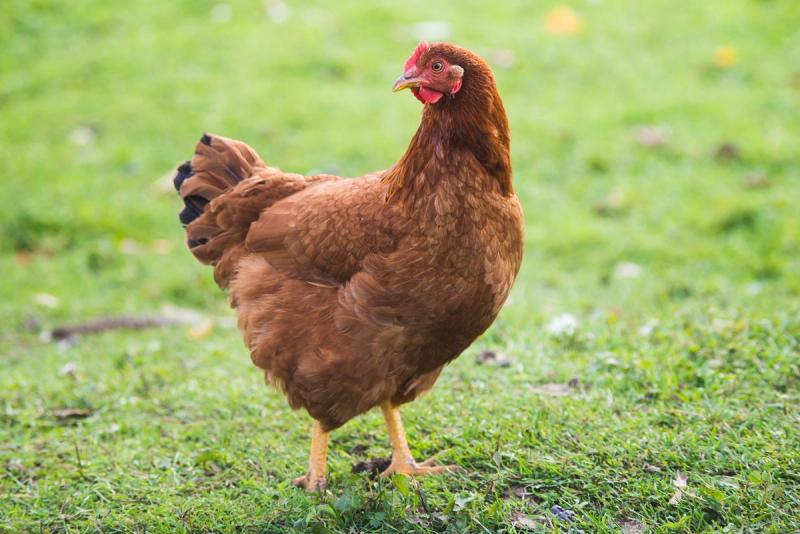
Rhode Island Reds are popular birds for urban farmers. They are a very common breed and can be found at nearly any feed store for a low price. These chickens sport lovely red feathers, are medium-sized and can handle almost any range of temperature. Rhode Island Reds are also very hardy and are not prone to diseases. They are also good foragers and fairly quiet birds who don’t mind confinement if necessary. They will provide their family with a hefty 300, medium-sized eggs per year.
Plymouth Rock
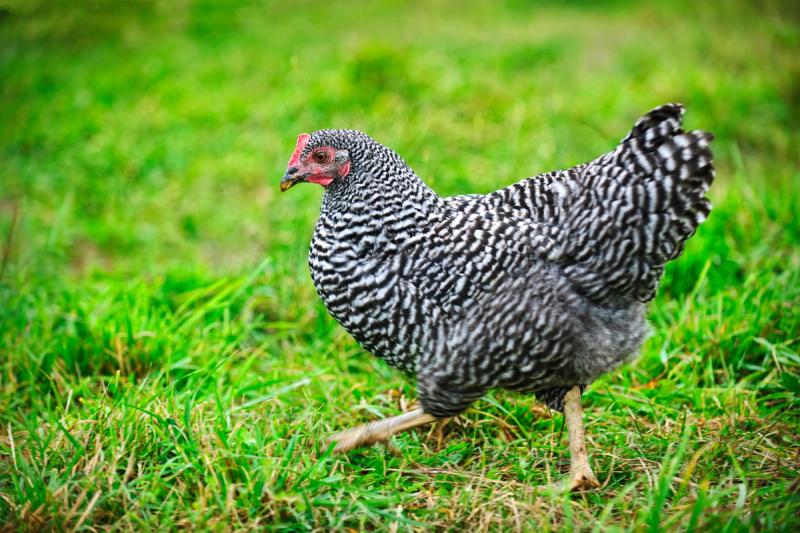
Another chicken to add to your flock is the Plymouth Rock. These salt-and-pepper speckled chickens are on the smaller side but make up for their small stature with a large personality. Quiet, friendly, calm and brave…Plymouth Rocks are usually the first to greet their humans and will happily follow them around begging for treats. These birds are famous for their longevity and have been known to lay eggs well into their 10th year! Look for around 200 large, brown eggs a year.
Leghorn
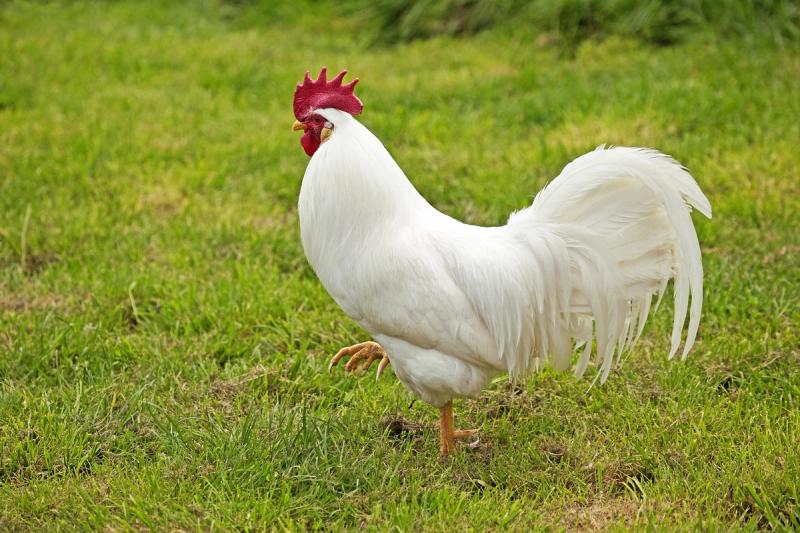
Leghorns may not be the friendliest or cuddliest chicken in the flock, but they will outdo all others in their egg production. These pure white chickens consistently produce up to 320 medium, white eggs a year! They do require more room to run, but they can handle heat much better than most breeds. They are hardy and very active, providing their human family with loads of entertainment.
Jersey Giant
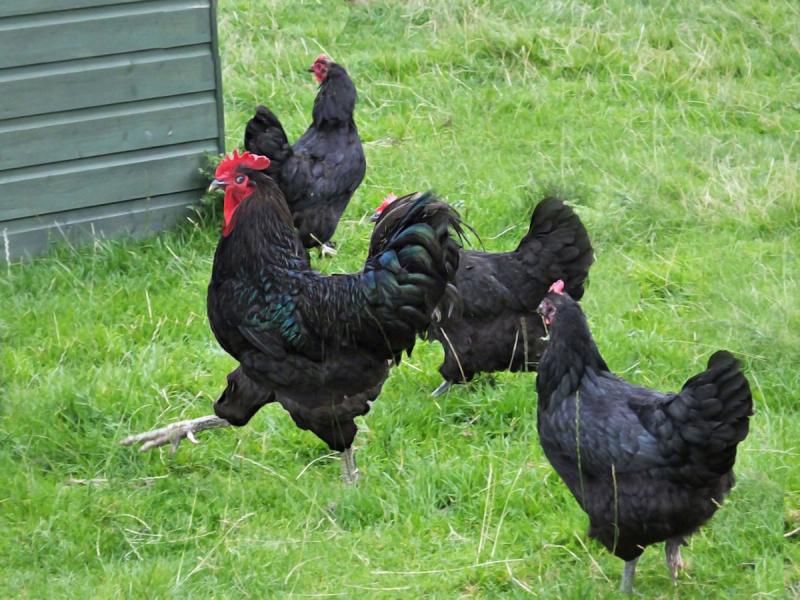
These burly birds are not only gorgeous and docile, but they play an important role in the flock as the protector. Jersey Giants live up to their name as rather large birds weighing in around 13 pounds. They are often very friendly towards people, but will actively chase down and even attack predators who threaten their feathered family. They do not lay as many eggs as other breeds, faring only 150 light brown eggs a year; but they make up for it with their enormous size…Jersey Giant eggs are simply huge!
Before you order…
A little research goes a long way when building your first feathered family. As a general rule of thumb, avoid roosters. Even roosters who have a docile reputation can prove to be a lot more work than you think.
Also, avoid “designer” or uncommon breeds until you have a few years of chicken-keeping under your belt.
Tags:Chicken Chatter

Acreage Life is part of the Catalyst Communications Network publication family.







